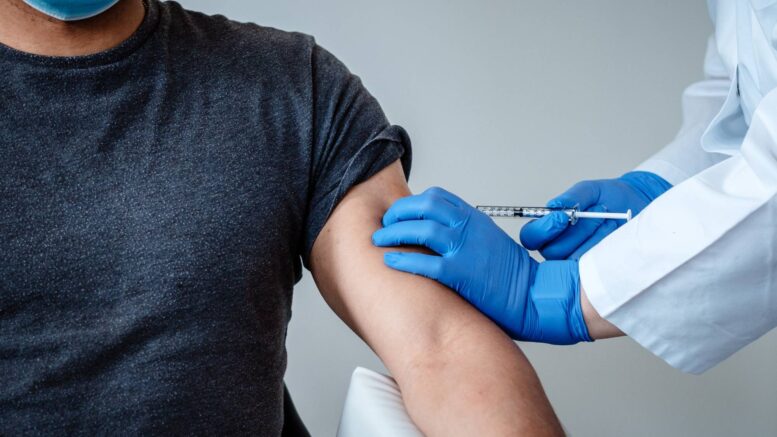The World Trade Organization (WTO) recently released the text of a proposal to suspend patents on COVID-19 vaccines. All WTO members will vote on the proposal in June.
The text won’t take effect unless all 164 members sign on. But if it is approved, companies in developing nations will be allowed to use medical technology from U.S. companies and inventors without their consent or supervision.
Waiving patent rights would hurt not only the American companies that developed COVID-19 vaccines, but the biopharmaceutical sector, medical innovation, and the U.S. economy as a whole. And invalidating intellectual property rights would fail to address the real problem that waiver advocates say they want to fix: low vaccination rates in the developing world.
The governments of India and South Africa, which first petitioned the WTO for a patent waiver in 2020, insist that suspending intellectual property rights will boost manufacturing and thus get more shots into arms. That simply isn’t true.
According to the analytics firm Airfinity, about 12 billion COVID-19 vaccine doses have been delivered to date, and global production capacity for 2022 is 20 billion. That’s more than four doses for every person on the planet.
Doses are piling up unused. In February, the Africa Centres for Disease Control and Prevention stopped accepting vaccine donations, as its stockpiles are full and excess supply could expire. India’s largest drug manufacturer, the Serum Institute, has 200 million doses stockpiled and has ceased production until new orders come in.
The problem is not production — it’s distribution. Some of the actual challenges hampering vaccine distribution are public skepticism and lack of infrastructure. Well-executed foreign aid could help expand access.
But we won’t solve any of these challenges by upending intellectual property rights. To the contrary, doing so would undermine global public health for decades to come.
At the simplest level, a patent protects an inventor’s right to make and sell her product for a set period of time. A patent doesn’t guarantee business success; rather, it encourages inventors to risk time and money on developing products that may or may not prove successful.
America’s robust intellectual property protections are the reason so much innovation takes place in the United States. Notably, strong intellectual property laws encouraged years of research into messenger RNA, the technology underlying the COVID-19 vaccines made by Pfizer and Moderna.
If we cancel vaccine patents, we won’t just punish the companies that delivered these life-saving inoculations. We’ll also undercut the small biotech firms that licensed their groundbreaking tech to these larger, vaccine-producing behemoths. And we’ll slash investment into drug development as a whole.
Before entering an international agreement to waive patent rights, the Biden Administration should consult with Congress and the U.S. Patent and Trademark Office (USPTO), the agency charged with protecting intellectual property. Previous directors of the USPTO — from the Obama and Trump Administrations — have spoken out strongly against the patent waiver.
Some of those pushing for a patent waiver may genuinely want to increase vaccine access and improve global public health. But if the current proposal becomes international law, it will distract from real solutions. And it will undermine our ability to fight disease in the future.
This article was originally posted on Waiving patent rights will make us less prepared for the next pandemic

Be the first to comment on "Waiving patent rights will make us less prepared for the next pandemic"